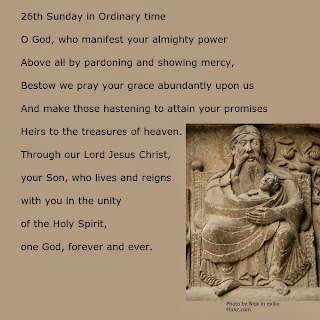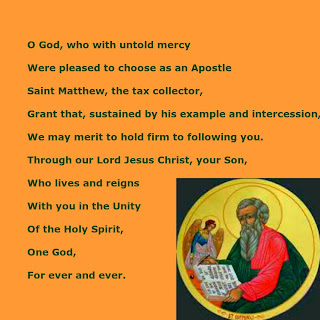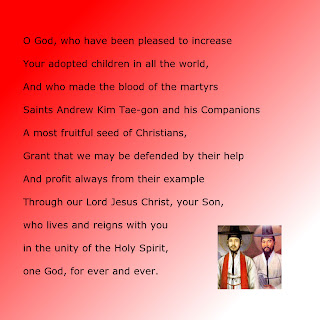 Lectionary: 455
Lectionary: 455Even if this should seem impossible
in the eyes of the remnant of this people,
shall it in those days be impossible in my eyes also,
says the LORD of hosts?
Thus says the LORD of hosts:
Lo, I will rescue my people from the land of the rising sun,
and from the land of the setting sun.
I will bring them back to dwell within Jerusalem.
They shall be my people, and I will be their God,
with faithfulness and justice.
“God manifests himself in historical revelation, in history. Time initiates processes, and space crystallises them. God is in history, in the processes.
“We must not focus on occupying the spaces where power is exercised, but rather on starting long-run historical processes. We must initiate processes rather than occupy spaces. God manifests himself in time and is present in the processes of history. This gives priority to actions that give birth to new historical dynamics. And it requires patience, waiting. A Big Heart Open to God, Pope Francis
Our Holy Father speaks of the endless possibilities of the future, and of how God reveals himself in historical revelation.
I thought I knew the future at one time. I had read the Documents of Vatican II and interpreted them in my fashion and I knew where the Church was going. I knew what we had to do.
But no one knows the future. Some people thought they saw the coming Great Recession of 2008 but they were ignored. They sounded the retreat and no one listened. No one in the Church saw the collapse of the Sacrament of Penance or the shortage of priests or the Scandal. We happily ignored all the omens and blundered into the mess.
We are a people of faith, as the Holy Father teaches, especially as he cites the Letter to the Hebrews 11:
Abraham leaves his home without knowing where he was going, by faith. All of our ancestors in the faith died seeing the good that was promised, but from a distance.... Our life is not given to us like an opera libretto, in which all is written down; but it means going, walking, doing, searching, seeing.... We must enter into the adventure of the quest for meeting God; we must let God search and encounter us.In today's reading from the Prophet Zechariah the Lord assured his people they would return to Jerusalem. It didn't seem possible at the time. It was almost too much to hope for.
God is always a surprise, so you never know where and how you will find him. You are not setting the time and place of the encounter with him. You must, therefore, discern the encounter.We pray, we gather around the altar, we trust in God, we discern where the Spirit leads.










